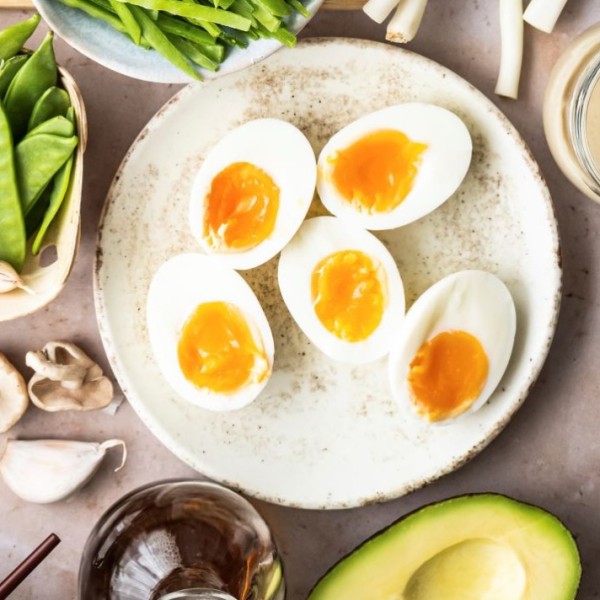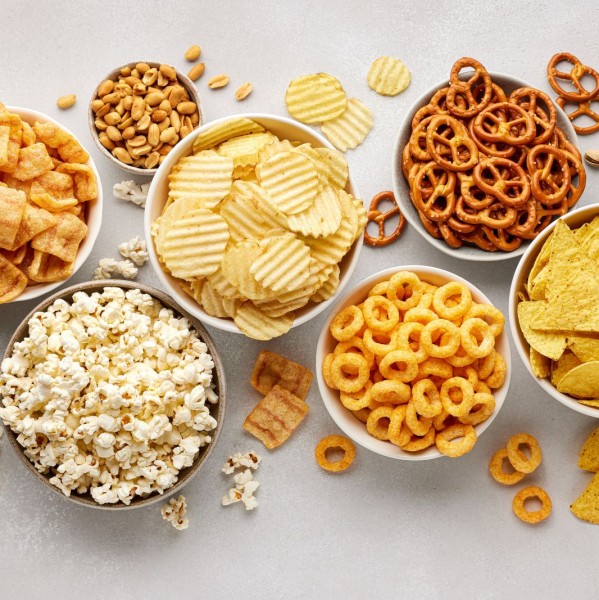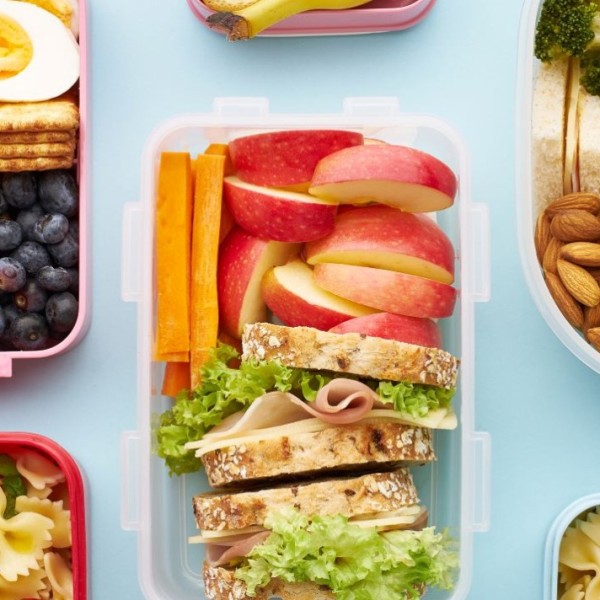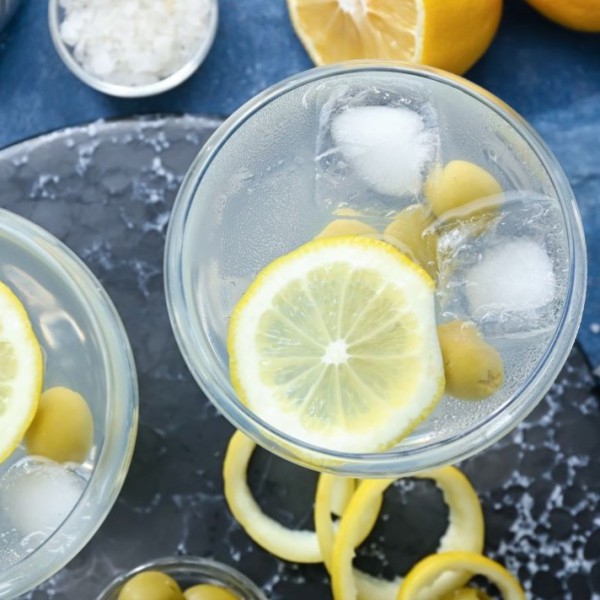Most store-bought food contains preservatives, which often spark controversy. Are they truly harmful? Let's debunk the myths.
Are food preservatives safe? Facts and Myths
Most store-bought food contains preservatives, which often spark controversy. Are they truly harmful? Let's debunk the myths.
What Are Preservatives and Why Are They Used?
Preservatives prevent the growth of bacteria and mold, extending product shelf life. They can also enhance taste, aroma, and appearance. Examples include sodium benzoate (E211), potassium sorbate (E202), and sulfur dioxide (E220).
Are Preservatives Safe?
In the European Union, preservatives are strictly regulated by the European Food Safety Authority (EFSA), which determines safe consumption levels. Approved substances are labeled with E numbers (E200–E299 for preservatives). EFSA regularly updates recommendations based on scientific research.
Facts and Myths
Myth 1: All preservatives are harmful
Fact: Not all. When used in appropriate amounts, they are safe, although some (e.g., E220) may trigger allergic reactions.
Myth 2: Preservative-free products are healthier
Fact: They may spoil more easily, increasing the risk of foodborne illness. Reading labels and choosing minimally processed foods is key.
Myth 3: Preservatives cause cancer
Fact: There is no scientific evidence linking approved preservatives to cancer. Harmful effects arise from excessive consumption.
Myth 4: Organic products never contain preservatives
Fact: Some permitted substances, such as ascorbic acid (E300) and lactic acid (E270), are allowed. In some cases, nitrites may also be used.
Myth 5: The fewer preservatives, the better
Fact: Not necessarily. Natural preservatives like salt and vinegar can be harmful in excess. A balanced, informed diet is crucial.
Conclusion
Preservatives play a vital role in food safety. Not all are harmful, and their use is strictly regulated. Moderation and informed choices are key to a healthy diet.














